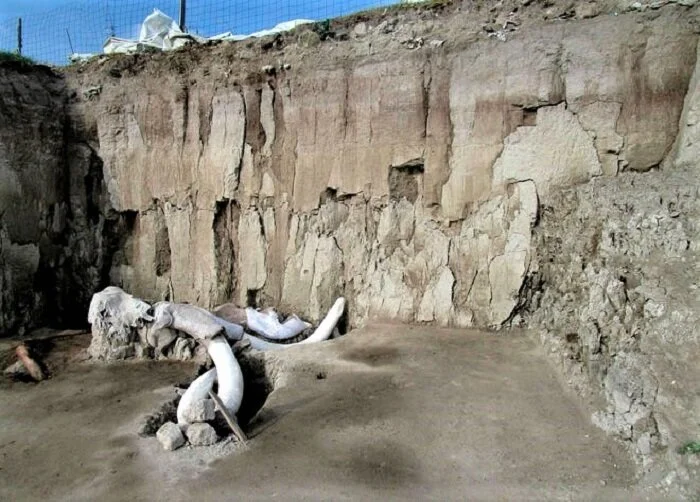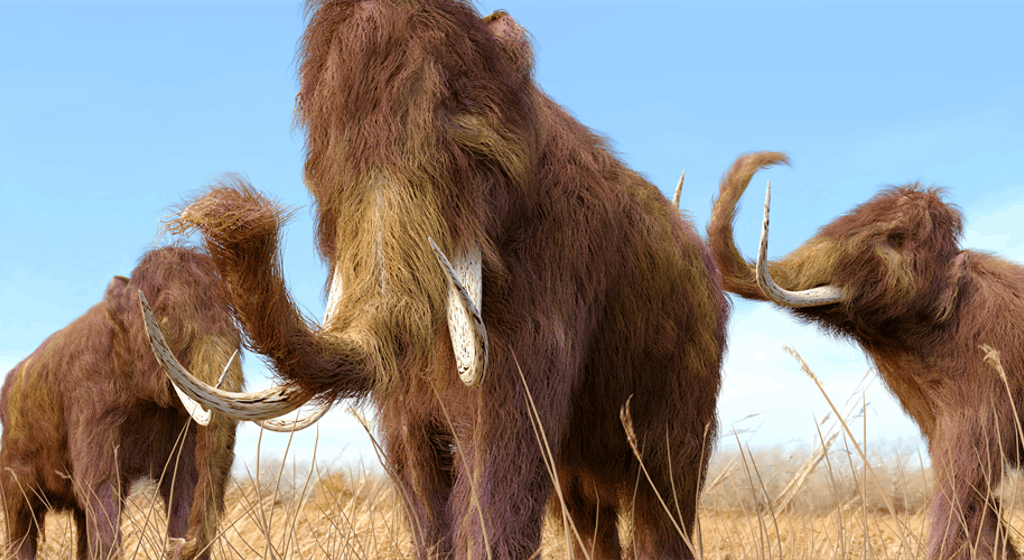Elephant Conservation Update From Botswana Includes Pending Prince Harry Transfer Of Elephants To Zambia
/PORTER escapes to Belmond Savute Elephant Lodge, an adventurous tented hideaway in Botswana’s Savute Channel, part of Chobe National Park and boasting the highest concentration of elephants in Africa.
Belmond Savute prides itself on a “happy marriage of style and substance; for the eco-conscious traveler”, offering “the tents’ sustainable design features (that) include the removal of all concrete, the use of eco-friendly composite bamboo decking in the principal areas, and a 95% solar-grid system for power.”
In March 2019 camera lovers can enjoy a photographic adventure with Belmond as home base, led by famed photographer and Global Leica Akademie Ambassador Marc Stickler. A marine and wildlife biologist, based in Salzburg, Austria Marc Stickler’s past research has focused on Lemon Sharks in the Bahamas and Mountain Gorillas in Uganda. He lived in the Okavango Delta whilst conducting his thesis on the social behaviour of Chacma Baboons. Conservation and sustainability are key themes of his work.
Elephant Deaths in Botswana
Since September 2018, controversy has swirled in Botswana around the story that 87 elephants were reported to be “killed by poachers’ in Botswana. The high-impact story originated with “Elephants Without Borders,” an NGO in the USA and Botswana surveying the elephant population.
Under the new government of Mokgweetsi Masisi, Botswana’s parliament is exploring its ban on trophy hunting, citing the large size of Botswana’s elephant population and the growing issue of human-elephant conflic (HEC) in the country.
Politicians have quoted the Botswana elephant population to be as large as 237,000. However the African Elephant Status Report (AESR) estimates Botswana’s elephant population to be 131,626 individuals migrating across an area of 228,073 square kilometres. The vast majority of these elephants occur in the northern region that includes Chobe, Moremi, and the Okavango Delta.
One of the reasons why there is disagreement over Botswana’s elephant population size is the fact that these animals form part of one large freely migrating population of an estimated 216,000 individuals. These animals regularly cross borders between Angola, Botswana, Namibia, Zambia and Zimbabwe, moving within an area of 440,000 square kilometres called the Kavango-Zambezi Transfrontier Conservation Area (KAZA TFCA).
There is no disagreement that African elephants are being decimated. How to proceed with protecting elephants and other wildlife, while also protecting farmers rights is complex and easily misunderstood by westerners vitally concerned about protecting elephants. Frankly, we rarely focus any attention on the African people co-living with elephants. This negligence on our part irks many African national leaders, as well as local populations.
This article posted on South Africa’s IOL website, and issued by the African News Agency is a new survey of the entire complex issue. We are digesting and verifying exactly what it says about the mindset of Botswana’s current government regarding its elephant population. The article appears to be positive, but we do not want to mislead readers. .
My biggest takeaway from the read is that there has perhaps been a breakthrough on the topic of alive elephants being an African eco-tourism resource and not only Botswana’s problem. To that end, this brand new article about Prince Harry caught my eye.
The next question is if the elephants will be relatively safe, although I’m sure Prince Harry is laser-focused on that challenge, along with Zambia’s president Edgar Lungu.
Prince Harry Will Facilitate Elephant Move From Botswana to Zambia
Prince Harry offers transfer of Botswana elephants to Zambia president Edgar Lungu.
In late November, Prince Harry traveled to Zambia, offering the country support with boosting the nation’s dwindling elephant population. As president of animal conservation charity African Parks, Harry met with Zambian President Edgar Lungu and his ministers, offering to bring elephants from neighboring Botswana.
“Prince Harry told the president during closed-door talks that African Parks will help move between 500 and 1,000 elephants from Botswana into Zambia’s Kafue National Park,” Lungu’s spokesman Amos Chanda said.
“He said this should help boost Zambia’s tourism and create jobs, especially for the youth.”
African Parks manages national parks on behalf of governments to help protect animals targeted by poachers, including elephants and rhino. In a sobering October 2018 article, the New York Times reports that it will cost $1.2 billion to $2.4 billion each year to renew Africa’s parks and protect the wildlife.
Related AOC articles on Elephant Conservation.

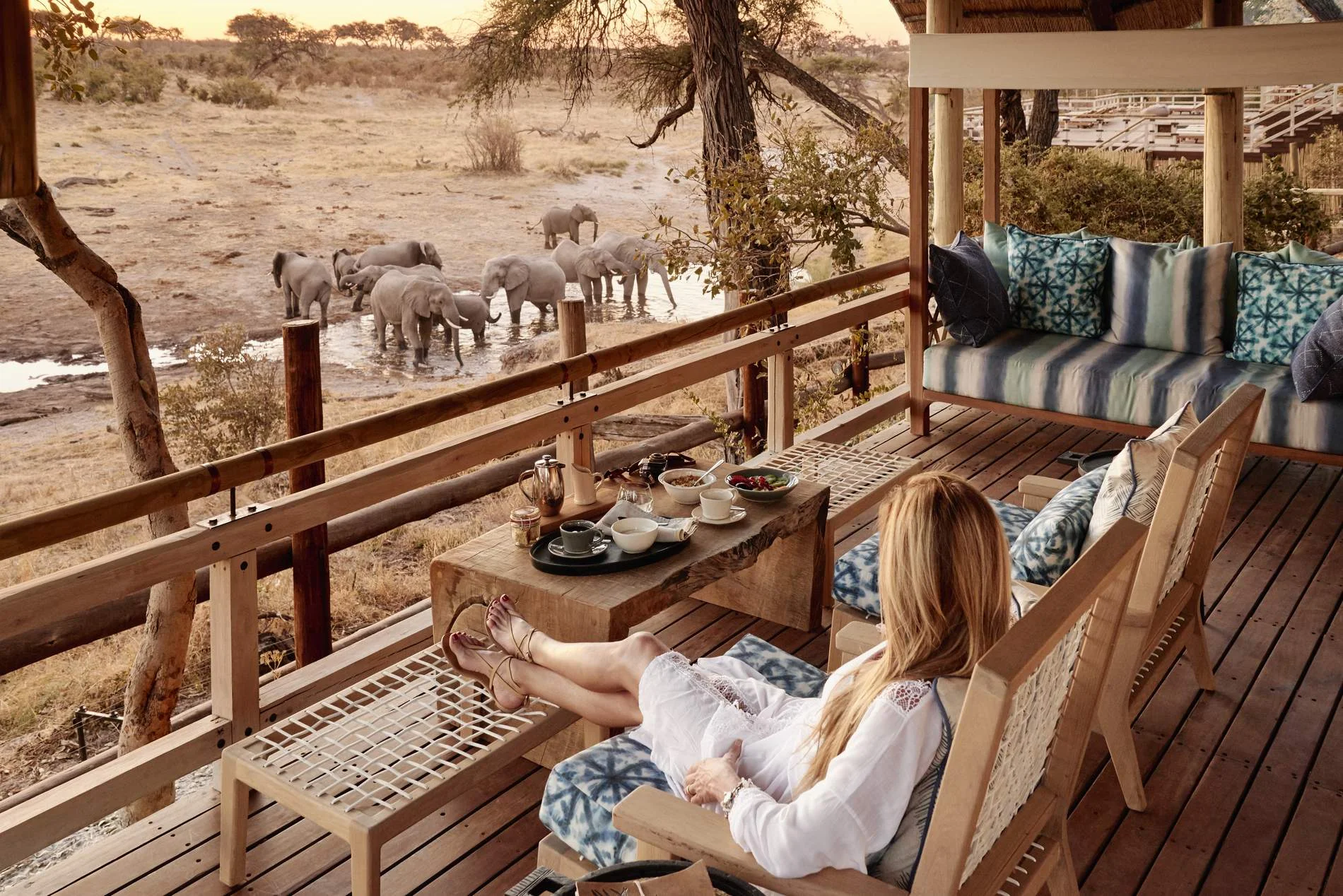
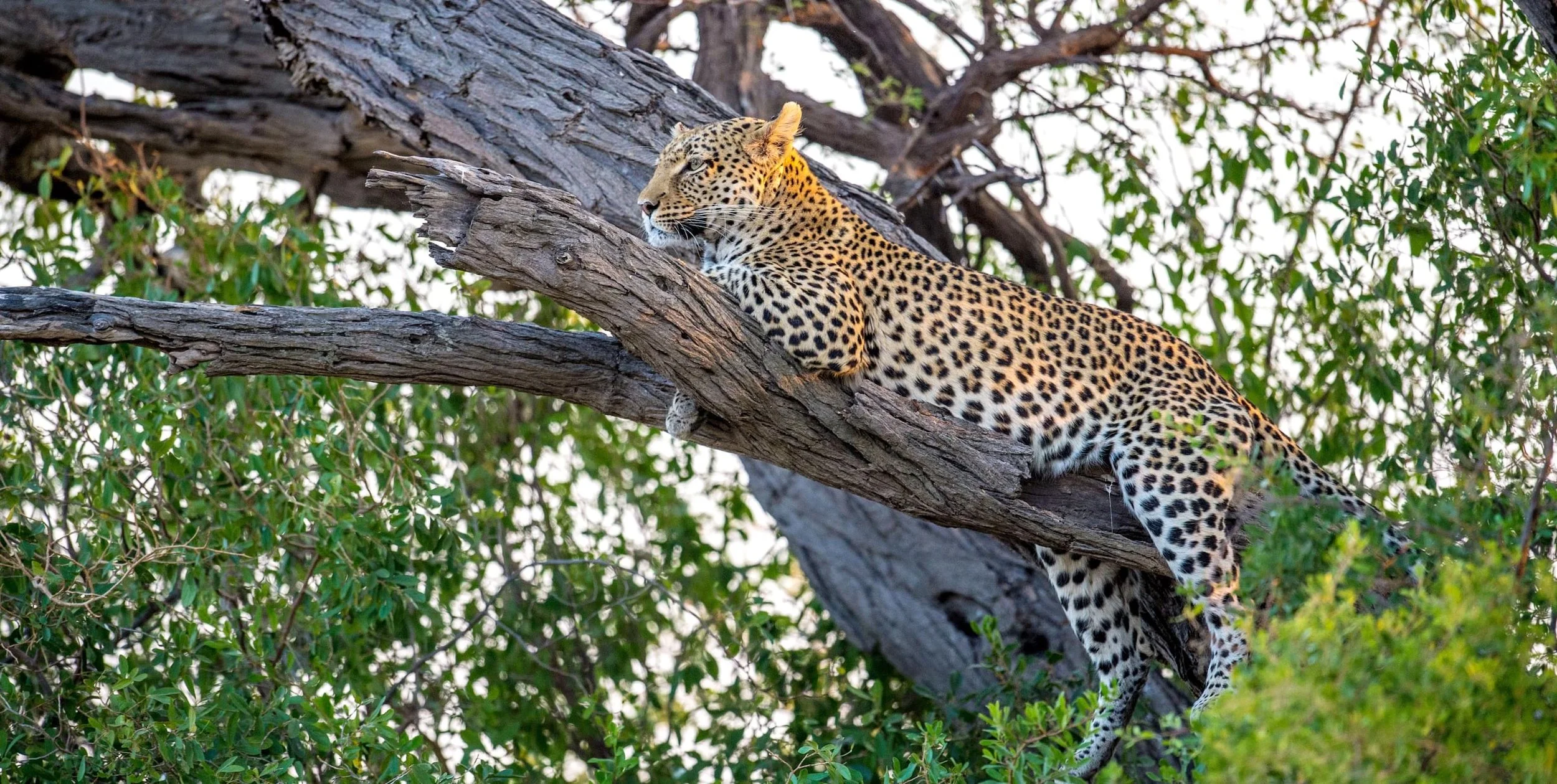
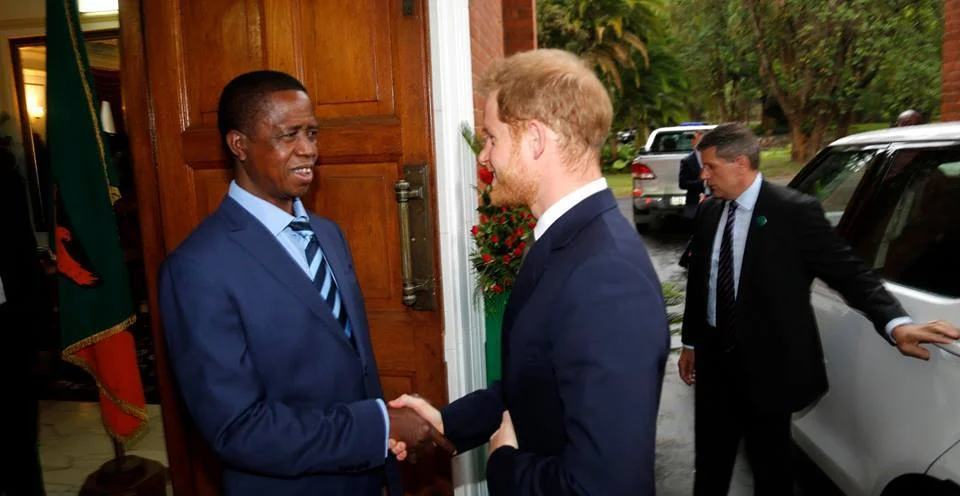
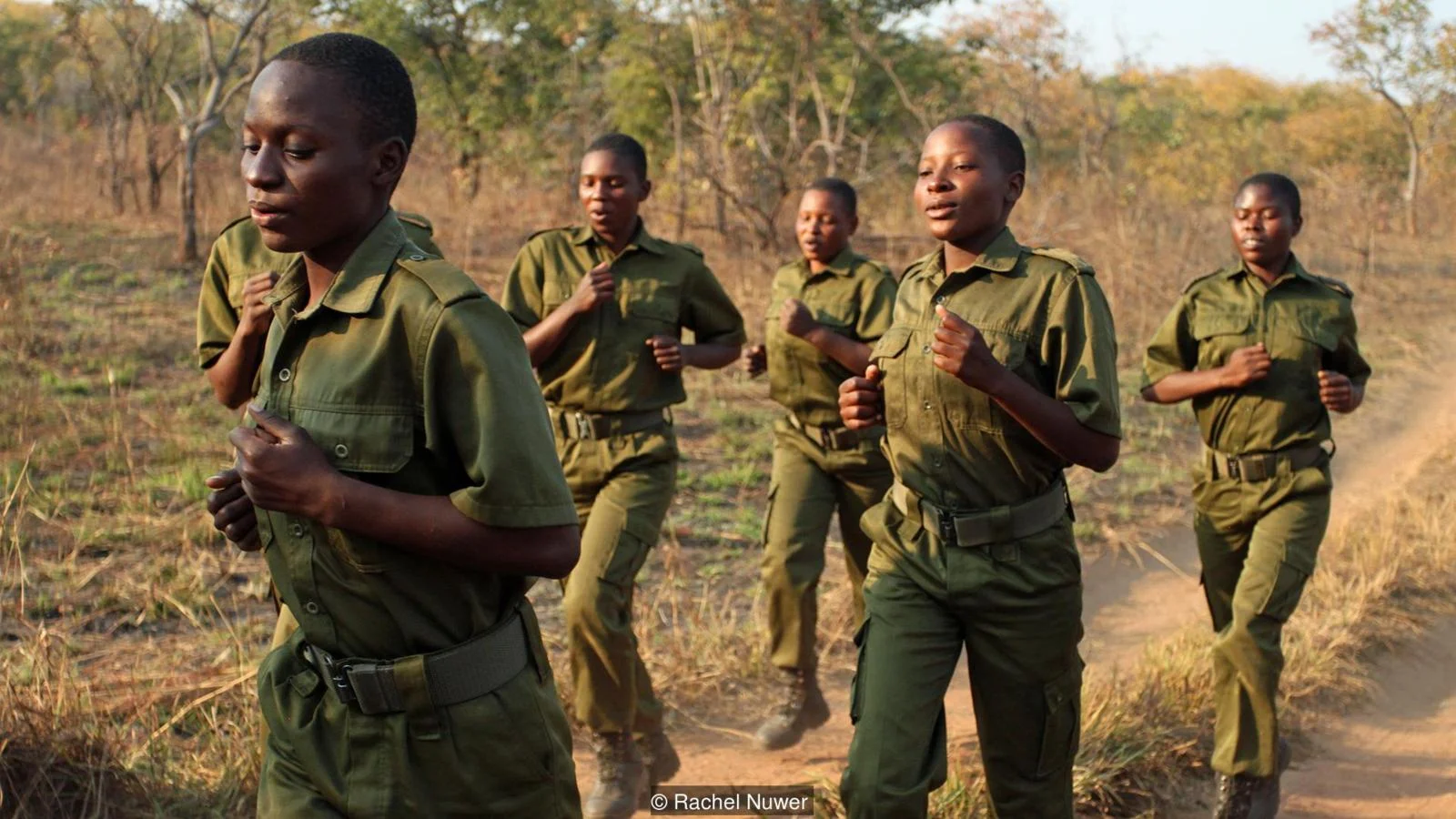
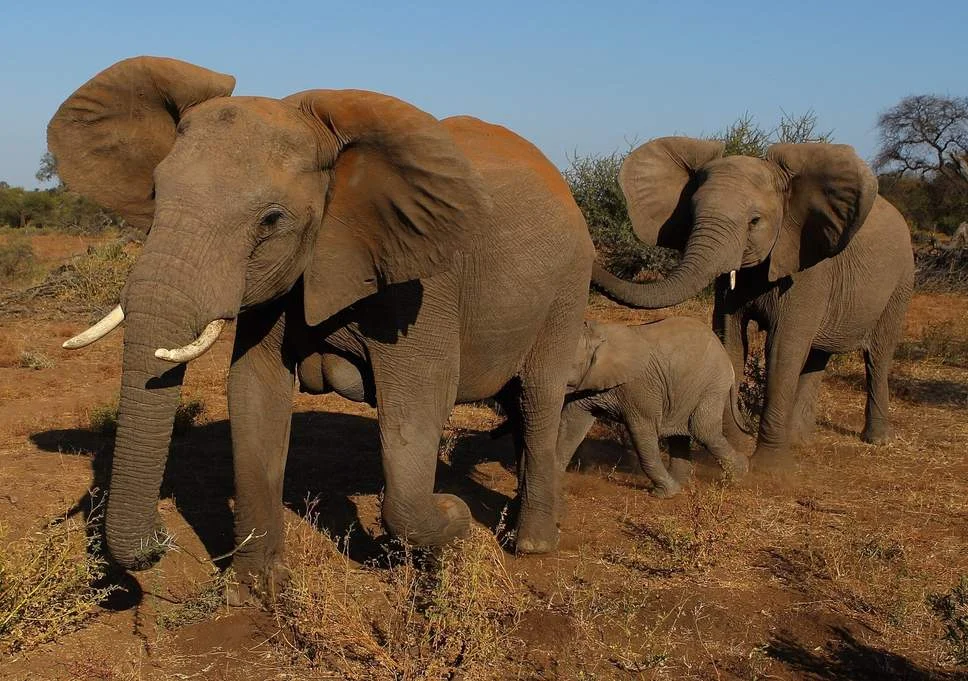


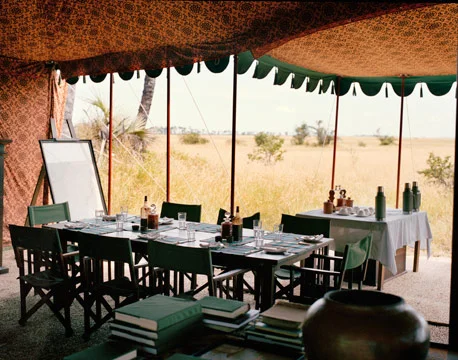












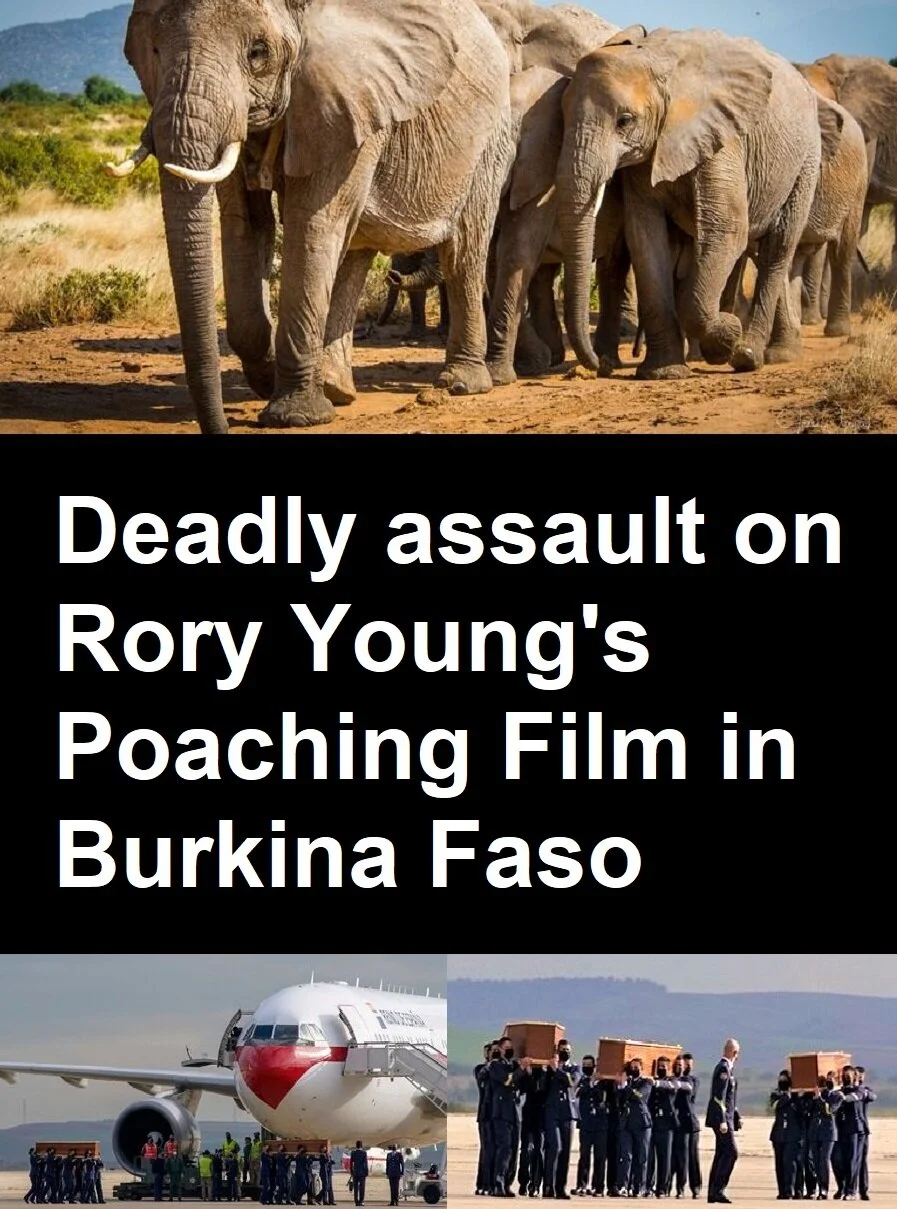
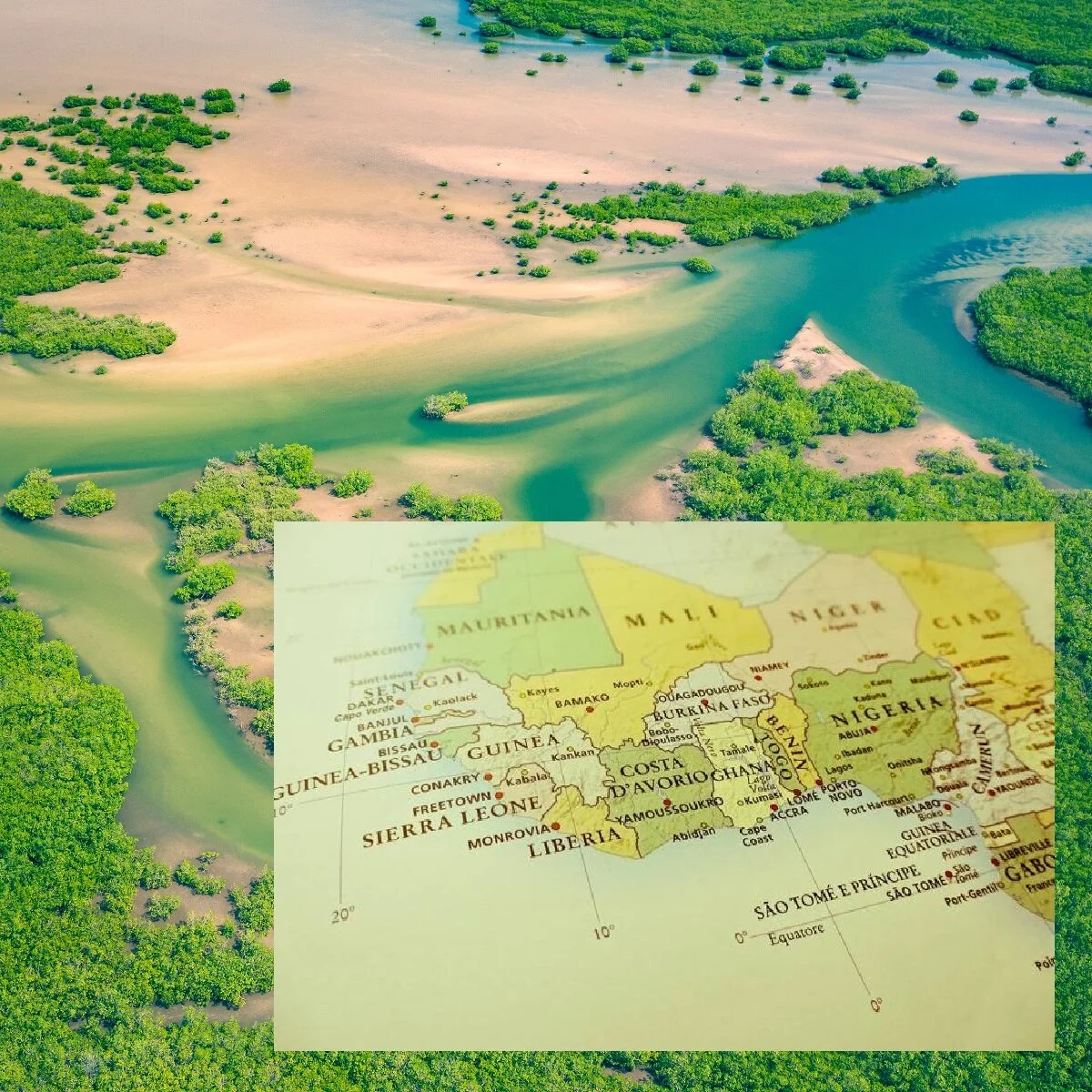


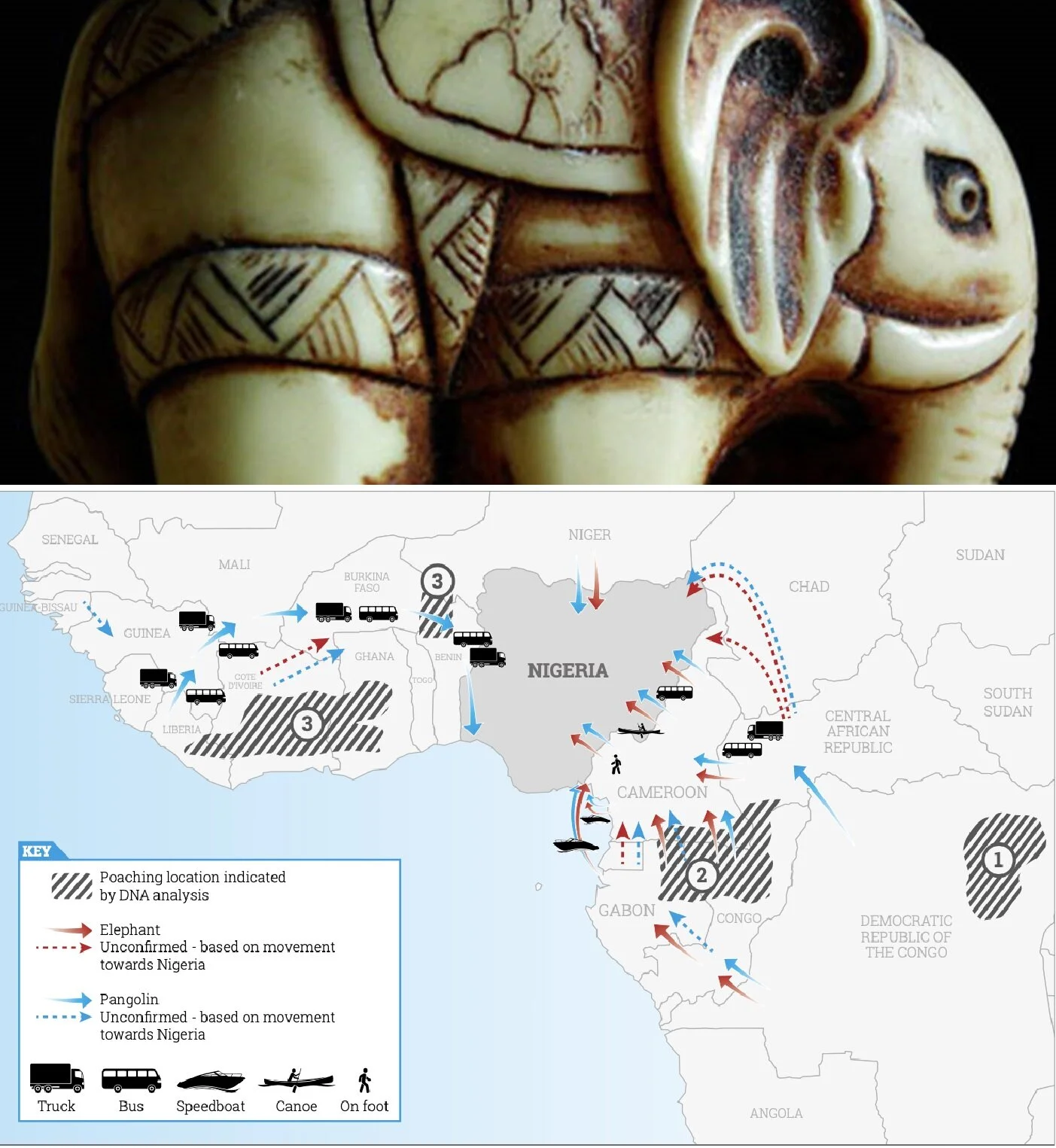



![Into-the-Okavango_[Neil-Gelinas]_3-dbl.jpg](https://images.squarespace-cdn.com/content/v1/55f45174e4b0fb5d95b07f39/1561937163642-AJXZW3I471QGTYL0AE03/Into-the-Okavango_%5BNeil-Gelinas%5D_3-dbl.jpg)


